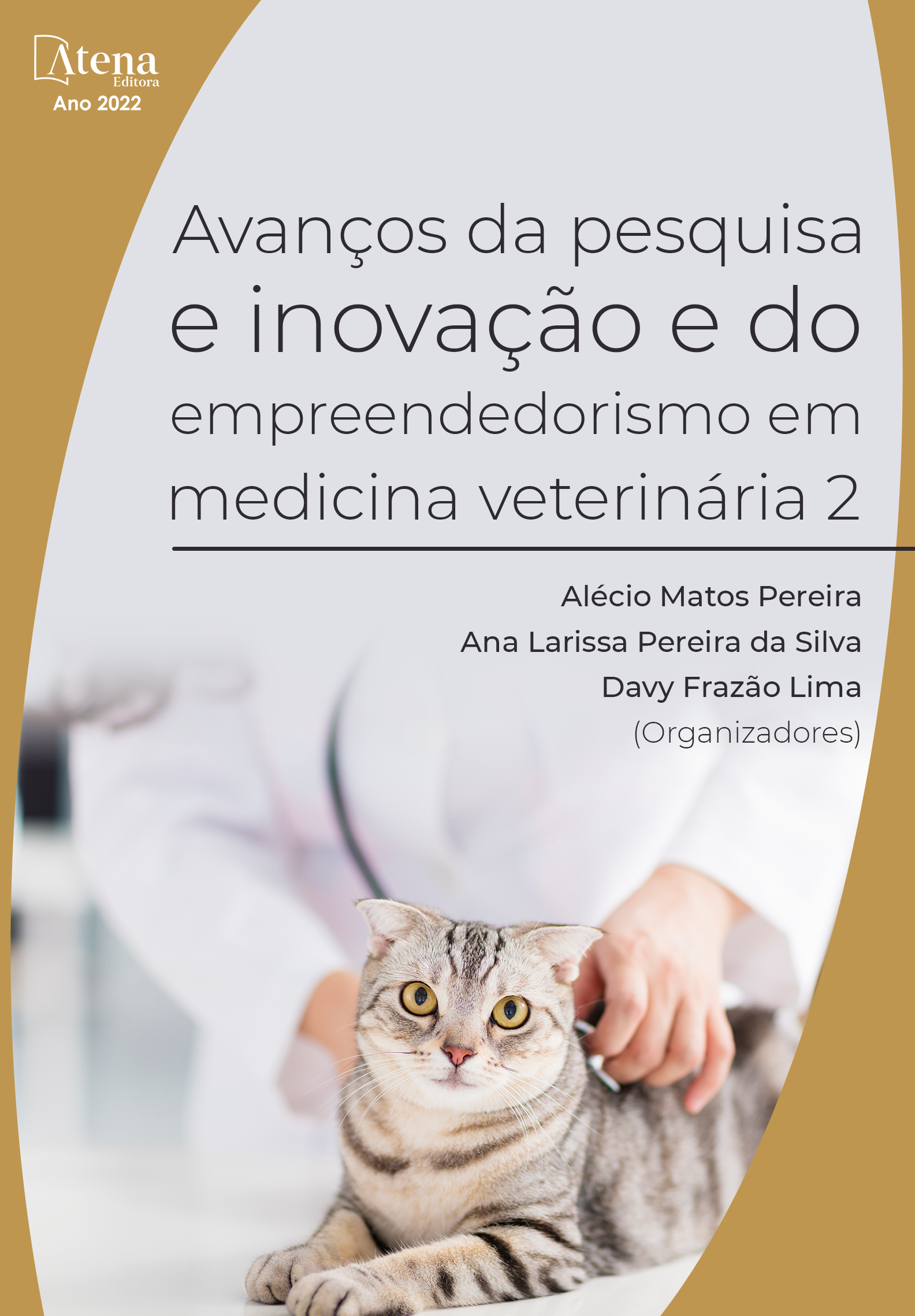
INFLUÊNCIA DO ESTRESE TÉRMICO NA QUALIDADE DO LEITE BOVINO: REVISÃO DE LITERATURA
Em condições de clima quente, como no Brasil, o estresse calórico pode influenciar negativamente o bem-estar, a qualidade do leite e a produtividade dos animais. Dessa forma, o objetivo deste artigo consiste em realizar um levantamento bibliográfico para elucidar as principais alterações fisiopatológicas ocasionadas pelo estresse em vacas leiteiras, bem como as alterações que ocorrem na composição físico-química do leite e as formas de amenizar esse efeito negativo. De acordo com o estudo bibliográfico a seleção genética, o manejo a campo e as adaptações no manejo leiteiro e nutricional, permitem amenizar o efeito de estresse calórico, contudo, os animais precisam lidar com as altas ou baixas temperaturas de acordo com a região ou estação do ano e os produtores precisam estar atentos as medidas para auxiliar no bem-estar e na saúde dos animais. Medidas como o uso de sombreamento natural, ventiladores, aspersores, instalações, alterações no manejo e formulação de dietas especificas são estratégias importantes na bovinocultura leiteira. Porém, toda imersão de novas praticas deve-se levar em consideração o clima da região, topografia da propriedade, realidade do produtor, tipo de sistema de criação a pasto ou confinado, sendo adequada a realidade do produtor e da propriedade, levando em consideração o custo/benefício dentro do sistema.
INFLUÊNCIA DO ESTRESE TÉRMICO NA QUALIDADE DO LEITE BOVINO: REVISÃO DE LITERATURA
-
DOI: 10.22533/at.ed.8582219048
-
Palavras-chave: Estresse, bem-estar animal, sanidade, qualidade do leite
-
Keywords: Stress, animal welfare, health, milk quality
-
Abstract:
In hot weather conditions, as in Brazil, heat stress can negatively influence the welfare, milk quality and productivity of animals. Thus, the objective of this article is to carry out a bibliographic survey to elucidate the main pathophysiological changes caused by stress in dairy cows, as well as the changes that occur in the physicochemical composition of milk and ways to mitigate this negative effect. According to the bibliographic study, genetic selection, field management and adaptations in dairy and nutritional management, allow to mitigate the effect of heat stress, however, the animals need to deal with high or low temperatures according to the region or season. of the year and producers need to be aware of measures to assist in the well-being and health of animals. Measures such as the use of natural shading, fans, sprinklers, installations, changes in management and formulation of specific diets are important strategies in dairy cattle. However, any immersion of new practices must take into account the climate of the region, topography of the property, the producer's reality, type of pasture or confined rearing system, being adequate to the producer and property's reality, taking into account the cost/benefit within the system.
-
Número de páginas: 15
- Renata de Oliveira Mello
- Alexandre Assis do Carmo
- Fernanda Giácomo Ragazzi


